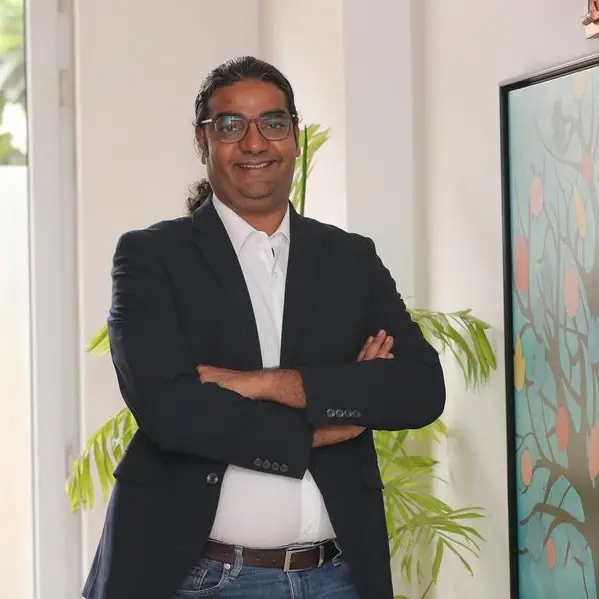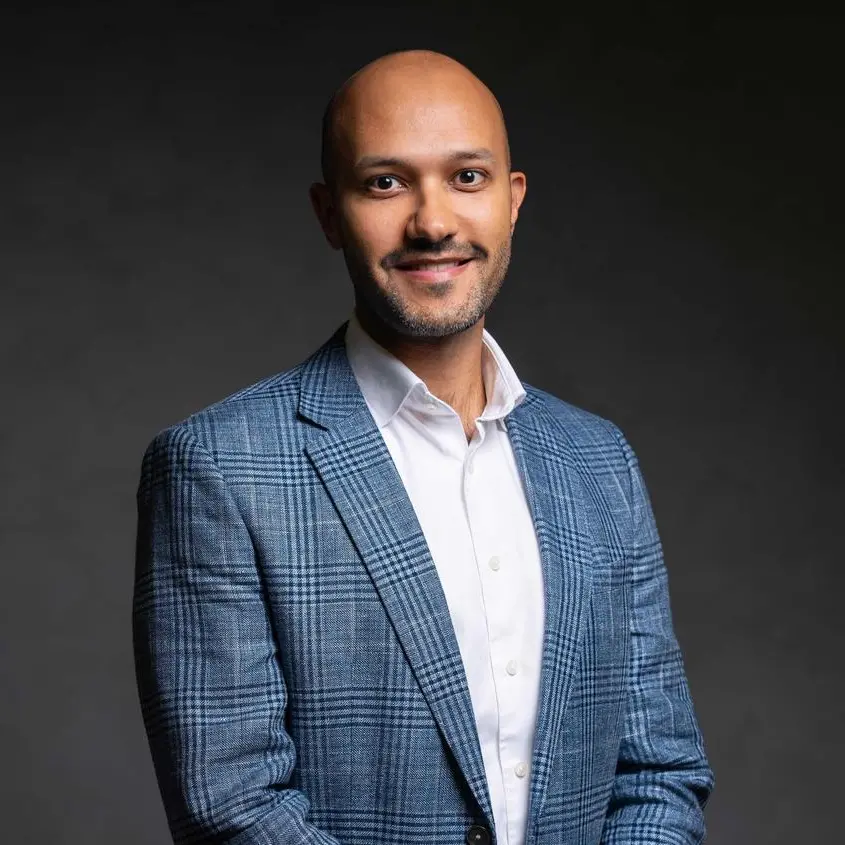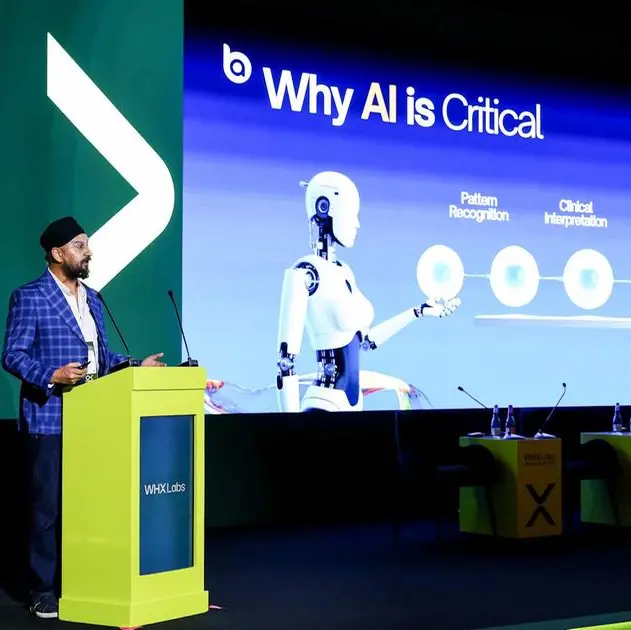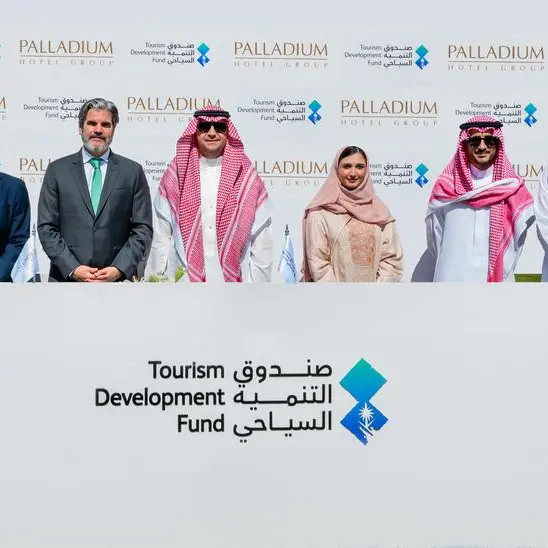PHOTO
Dubai, UAE: The United Nations Environment Program’s Regional Office for West Asia recently launched Sustainable Ramadan campaign in the United Arab Emirates to raise awareness on food waste and trigger behavioral change, as the country progresses on its journey towards UAE Net Zero by 2050 Strategy.
During Ramadan, 25-50 percent of the food prepared in the region is wasted; this reaches 40 percent in the UAE according to the State of Food Waste in West Asia.
The same report has estimated that around 34 percent of the food served is wasted in the region, with a range from 100 to 150kg/cap of food waste occurring at the household stage, compared to 74 kgs/cap globally.
Last month, the United Nations Environment Program’s Regional Office for West Asia (UNEP ROWA) has launched a campaign under the title of Sustainable Ramadan to raise awareness on food waste and trigger behavioral change.
Ramadan is the holiest month in the Islamic calendar, the month to practice self-discipline and empathy for the less fortunate. However, this month can unintentionally lead to food waste. This newly campaign launched under the slogan “Half the Food Waste, Double the Blessings” that will run through the holy month, will urge and help people and businesses to live this Ramadan in a more sustainable way. HoReCa (hotel/restaurant /catering) sector is a major target for UNEP through this campaign.
A study by the United Nations (UN) shows, globally, around 14 percent of the world’s food produced, worth US$400 billion per year, is lost between harvest and retail, while an estimated 17 percent of total global food production is wasted, out of those 11 percent in households, 5 percent in food service and 2 percent in retail.
UN’s Food and Agriculture Organisation (FAO), estimates, the food that is lost and wasted could feed 1.26 billion hungry people every year.
Reducing food losses and waste is essential in a world where the number of people affected by hunger has been slowly on the rise since 2014, and tons and tons of edible food are lost and/or wasted every day.
According to FAO’s report in 2022, as many as 828 million people in the world did not know where their next meal would come from. This figure is expected to be greater in 2023.
An estimated 3.1 billion people do not have access to a healthy diet. Food loss and waste (FLW) also account for 8-10 percent of global greenhouse gas emissions (GHGs), contributing to an unstable climate and extreme weather events such as droughts and flooding. These changes negatively impact crop yields, potentially reduce the nutritional quality of crops and cause supply chain disruptions.
Sami Dimassi, UNEP Representative and Regional Director for West Asia said: “Our food systems and consumption practices are major contributors to the triple planetary crisis of climate change, nature and biodiversity loss, and pollution and waste. As a result, the impact of food waste cannot be understated. Every year, almost 1 billion tonnes of food is wasted. An alarming number to say the least.
“Partnering with individuals, businesses, and governments to reduce food waste is a critical step towards a sustainable future, not only to ensure food security and save costs at all levels, but also to reduce our carbon footprint, protect natural resources, and promote biodiversity.
“With leftovers often being thrown away in a region that depends heavily on food imports, reducing food waste in the region can only be achieved with a switch towards good behaviors and sustainable lifestyles. It is of utmost importance that we amplify the call for action, to achieve the Sustainable Development Goal 12.3 to reduce food loss and waste by 50 percent by 2030. This campaign is only meant to be the single step towards a journey of a thousand miles. Let us make it impactful not only spreading its slogan: “half the food waste, double the blessings” but living it during and beyond Ramadan”.
Back in September 2022, alongside five other hotels and their respective chains, Hilton has pledged under the UNEP West Asia’s Recipe of Change campaign to halve the amount of food waste they are producing
and on March 2023, UNEP ROWA announced the appointment of Chef Leyla Fathallah as UNEP's Advocate on Food Waste in West Asia, in an event hosted by Conrad Hilton in Dubai.
Not just large hotel groups and restaurants, but street side cafeterias also can adopt sound ESG (Environmental, Social, and Governance) practices, optimise resources, increase waste productivity and participate in the UAE’s drive to becoming a net zero emissions country by 2050.
Dr Miniya Chatterji, CEO of Sustain Labs Paris (SLP) said, “The food that will be wasted this month of Ramadan could feed almost the entire population of North Africa for a day. In Dubai, food anyway accounts for 22 percent of the total waste produced, and during the Ramadan month food waste jumps to 55 percent.
“One of the best ways for hotels and other stakeholders in the HoReCa industry to manage this food waste while catering to the needs of their customers is to tie up with charities and labour camps such that they can donate the waste generated at the end of the day.
“Using technology to measure the amount of food wasted every day and incentivising Chefs to calculate food production to match the need, is another way to minimise food wastage. Measuring food waste will also support the data required for annual sustainability reporting using globally accepted frameworks such as GRI and IR by the HoReCa industry. The pressure for disclosures on sustainability is increasing and as this makes the HoReCa industry accountable to sustainability aspects of the business.
“Overall, a mindset changes amongst those fasting to emphasise charity over feasting will be greatly helpful to ensure that food is not wasted while others sleep hungry.”
Ramadan is about self-discipline. It is about showing empathy toward others. UNEP and SLP call everyone to follow the teachings of Ramadan all through the year, let's spend meaningful ways, feed the underfed, donate to charity organisations, which serve free iftar and sehri to the underprivileged; and reduce food waste.
-Ends-
About Dr Miniya Chatterji
Dr Miniya Chatterji is the CEO of Sustain Labs Paris (SLP), with operations across Europe, MENA, and Asia. Miniya is a public speaker, published author, frequent writer in newspapers, and educator.
Dr Miniya Chatterji was Chief Sustainability Officer of the US$3.8 billion Jindal Steel & Power group of companies 2014 - 2017. Prior to that she was in the senior leadership of the World Economic Forum 2011-2014 in Geneva where she managed the WEF’s Young Global Leaders Community across the Middle East, North Africa, and South Asia.
In 2018 she was bestowed the award of ‘Most influential Sustainability leader in India’ at the India Sustainability Leadership Summit and Awards. In 2016 Dr Miniya Chatterji was awarded by the Navoothan Foundation for her personal social commitment. She has also been awarded the prestigious CSR India award 2016 for corporate social responsibility. In the same year, Miniya’s contribution to the field of sustainability was the cover story of Business World Asia.
Dr Chatterji has a PhD from Sciences Po Paris. She was a research fellow at Columbia University and Harvard University. She is a Global Leadership Fellow alumna of the World Economic Forum. Dr Miniya Chatterji has established these institutions:
• GITEX Impact, GITEX Impact CSO Business Club, GITEX Impact Councils (UAE)
• The Anant School for Climate Action, India’s first Undergraduate to PhD degree university focusing on climate technologies (India)
• Large scale sustainable housing projects (New Zealand & Fiji)
• Postgraduate level sustainability focused courses offered by Sciences Po Paris (France)
• 28 affordable temporary COVID hospitals and quarantine centres across 5 states in India (India)
• The annual flagship ranking of ‘India's Most Sustainable Companies’(India)
About Sustain Labs Paris (SLP)
Sustain Labs Paris is an enterprise based in France, India, UAE, and New Zealand that establishes and manages new sustainability focused ventures and assets that profoundly move the needle towards a sustainable future.
Some of the institutions created and managed by Sustain Labs Paris are the Anant School for Climate Action which is India’s first Undergraduate to PhD school focusing on climate technologies; sustainable housing projects in New Zealand and Fiji; postgraduate level sustainability focused courses offered by Sciences Po in France; 28 affordable temporary COVID hospitals and quarantine centres across 5 states in India; the annual flagship ranking of ‘India's Most Sustainable Companies’ published each year as a standalone magazine issue by India's largest selling business magazine.
Founded in 2018, Sustain Labs has also partnered with organisations to make them more environmentally and socially responsible as well as profitable. Every year, Sustain Labs delivers 200+ corporate assessments, 15+ technical reports, and 2000+ hours dedicated to sustainability education. Sustain Labs has worked with large global companies as well as universities, development projects and startups on organisation transformation, infrastructure, sustainability reporting, and strategies to move towards net zero. Through Sustain Labs Stargazers Foundation, the company’s not for profit arm, Sustain Labs offers sustainability services to startups on a not-for-profit basis.
Press Contact
| Name | Abhiroop Sen | Hoda ElTurk | |
| Company | Reason Y | UN Environment Programme (UNEP) | |
| | |||



















